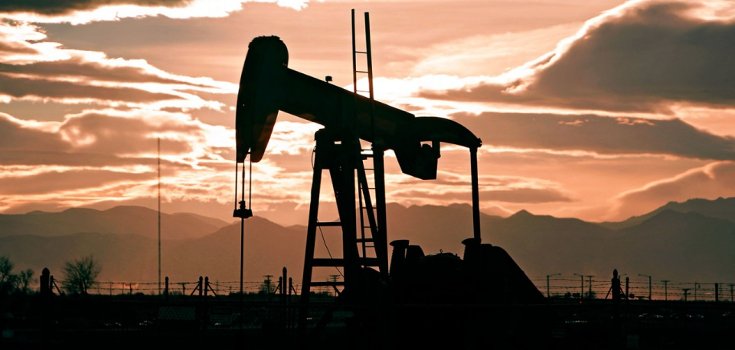Germany Set to Ban Fracking In Unprecedented Legislation

The “strictest conditions for fracking” to date have been passed in Germany by the cabinet, after they approved the country’s first nationwide fracking law. The law would ban fracking in specific areas to “protect drinking water, health, and the environment.”
According to Germany’s Environment Minister Barbara Hendricks, this is a draft law that would ban the use of hydraulic fracturing for drilling processes that are shallower than 3,000 meters, or almost 10,000 feet, and any fracking in nature reserves or national parks. Hendricks remarks:
“This law will enable us to circumscribe fracking so that it no longer represents a danger to people or the environment. As long as the risks cannot be fully evaluated, fracking will be banned.”
The law would take approximately four years to be active, allowing fracking in certain places for scientific research. Anyone wishing to ‘frack’ would have to get a special permit from the German government.
Germany currently relies heavily on natural gas from Russia, and supplies only 12% of its own demand with its in-country supply. Germany is also leaning more toward sustainable energy, recently setting records for utilizing wind and solar power.
This new law augments a previous moratorium on fracking since 2011.
Markus Kerber, general manager of the Federation of German Industries, states:
“It’s a positive signal that extraction of shale gas in Germany is not completely out of the question, however, the requirements for extracting the gas are completely exaggerated.”
Wales and Scotland also recently imposed fracking moratoriums as the countries consider the environmental and health hazards associated with the practice.
While fracking hasn’t been banned completely, this will make it much more difficult for companies to contaminate water or the air with methane emissions. It will also reduce the possible link between fracking and earthquakes, as were recently observed in Dallas, Texas, and other parts of the US.
Though fracking uses primarily water, there are a number of toxic chemicals used in the process that have infiltrated our air, water, and soil, helping to fuel a host of health ailments. Here are 5 consequences of fracking you may not know about.
Additional Sources:
Photo credit: Ed Andrieski/AP – America.Aljazeera

Thank you Christina. This is encouraging news. There is a huge drain on water resources and the total resource extraction cost including cleanup far exceeds fracking ever being a viable business practise. In my opinion we need to include the cost of cleanup in all resource extraction from the environment and actually enforce the corporations to cleanup after themselves at their expense. Too often, they leave the site a mess for local residents to pay for cleanup. By ensuring the company extracting the resource is on the tab for cleanup will ensure this is a part of the business model directly affecting profits. The corporation will just decide on their own to stop any unprofitable practice. In fracking, the cost of cleaning up the water after is a part of the cleanup tab since clean water should be returned to that specific watershed ecosystem for future generations.
Congratulations, Germany!
This side of the Atlantic has a lot to relearn about profit at any expense being suicidal.